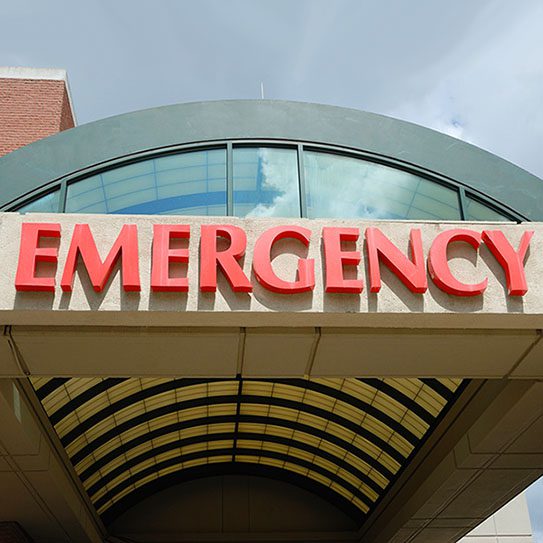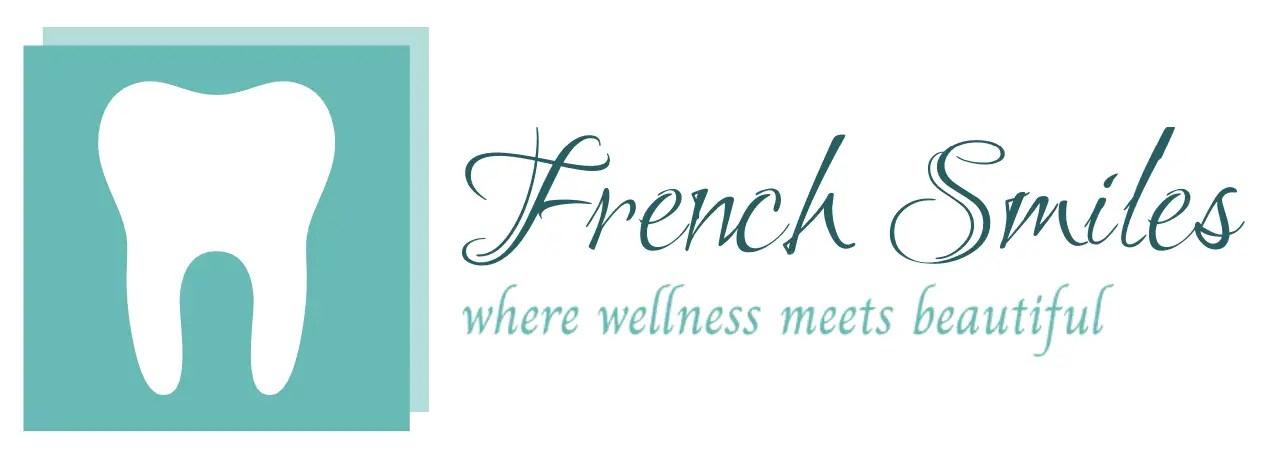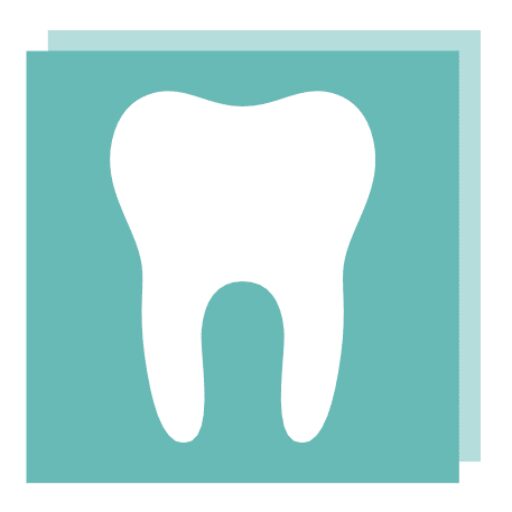
It’s crucial to have a plan in place and know your “emergency dentist near me” before the chaos hits. In the realm of dental health, emergencies can strike when you least expect them, turning an ordinary day into a flurry of pain and urgency. From a sudden toothache to a knocked-out tooth during a weekend game, dental emergencies wait for no one. Here’s a comprehensive guide on why finding an emergency dentist ahead of time is essential and how you can manage different dental emergencies on your way to the dentist, ensuring the best possible outcome.
The Importance of Having an Emergency Dentist Near Me
Emergency dental care is a critical component of dental health, yet it’s often overlooked until it’s desperately needed. Identifying an emergency dentist in your area, such as Dr. French or Dr. Simmons at French Smiles in Snellville, GA, ensures you have a go-to professional familiar with your dental history who can offer immediate care when time is of the essence. An emergency dentist not only provides peace of mind but also increases the chances of saving a tooth or preventing a minor issue from becoming a major complication.
Preparation Is Key
Start by researching local dental offices that offer dental emergency services. Check their hours, services, and reviews to ensure they’re equipped to handle a range of emergencies. Once you’ve chosen a dentist, save their contact information in an easily accessible place, such as your phone or a family bulletin board. Familiarize yourself with your dental insurance details. Knowing what is covered can alleviate financial stress in a dental emergency.
Managing Dental Emergencies
There is a lot you can do on the way to the emergency dentist to help ensure a good treatment outcome depending on the type of emergency, such as:
Toothaches
Rinse your mouth with warm water and gently use dental floss to remove any food caught between your teeth. If swelling is present, apply a cold compress outside the affected area. Avoid applying aspirin or any painkiller directly to the gums, as this can cause tissue damage.
Chipped or Broken Teeth
Save any pieces of the tooth. Rinse your mouth and any broken pieces with warm water. If there’s bleeding, apply gentle pressure with a piece of gauze for about 10 minutes or until the bleeding stops. A cold compress can help reduce swelling and pain.
Knocked-Out Tooth
Time is critical in saving a knocked-out tooth. Retrieve the tooth by the crown (the part that is visible in the mouth), not the root. Rinse the tooth with water if it’s dirty, but do not scrub or remove any attached tissue fragments. If possible, gently insert and hold the tooth in its socket. If that isn’t possible, keep the tooth moist by placing it in milk or in your mouth next to your cheek. Getting to your dentist within an hour can significantly increase the chance of saving the tooth.
Objects Caught Between Teeth
Try to gently remove the object with dental floss. Do not use sharp or pointed instruments, as these can cause more harm. If you’re unable to remove the object, see your emergency dentist.
Lost Filling or Crown
If a filling falls out, place a piece of sugarless gum into the cavity or use over-the-counter dental cement. If a crown comes off, save the crown and bring it with you to the dentist. If possible, try to slip the crown back over the tooth, using dental cement, toothpaste, or denture adhesive to hold it in place temporarily.
Abscess
Abscesses are infections that occur around the root of a tooth or in the space between the teeth and gums. They can lead to serious complications if not treated promptly. Rinse your mouth with mild saltwater several times a day to ease the pain and draw the pus toward the surface.
Preventive Measures: The Best Approach
While knowing how to respond in a dental emergency is vital, taking preventive measures to avoid emergencies in the first place is even better. Regular dental check-ups, maintaining good oral hygiene, wearing protective gear during sports, and avoiding chewing hard foods and objects can significantly reduce the risk of dental emergencies. Healthy teeth are more resistant to being damaged in an accident!
Don’t Be Caught Unprepared
Finding an “emergency dentist near me” before a dental emergency arises can save you valuable time, reduce anxiety, and ensure you receive immediate care. Remember, in dental emergencies, every minute counts. By preparing in advance and knowing how to manage emergencies on the way to the dentist, you can ensure the best outcome for your dental health. Don’t wait for a crisis to happen; take steps today to secure your Snellville emergency dental care plan.


